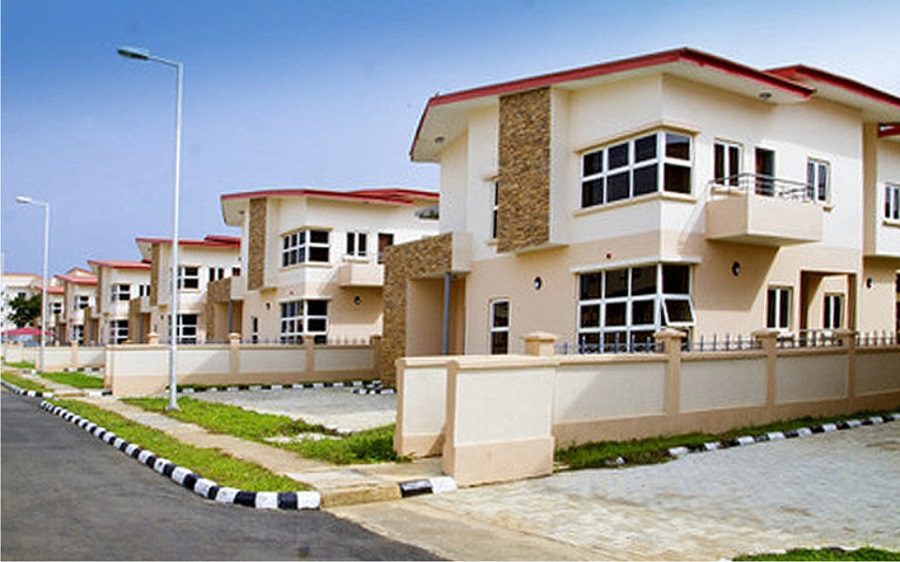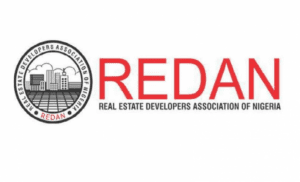


Lagos real estate market, trends, influences
By Esther Agbo
Lagos has witnessed significant shifts in its real estate market over the past few years, driven by economic, demographic, and infrastructural factors. Known for its vibrant economy and status as a major business hub, Lagos continues to attract local and international investors, leading to a generally upward trend in property prices.
The real estate sector in Nigeria is forecast to grow to $2.26 trillion in 2024, of which residential estate will contribute $1.93 trillion or 85.4 percent. Analysts who made the forecast observed that the growth would occur despite challenges such as a weakening currency, inadequate infrastructure, multiple taxes, high construction costs, and other issues affecting the sector.
Lagos real estate market has mirrored the city’s economic health. During periods of economic prosperity, particularly when Nigeria’s oil sector flourished, the city experienced a substantial rise in real estate prices. High demand for both commercial and residential properties, fueled by the influx of businesses and individuals seeking opportunities, drove these price increases.
However, during economic downturns, such as times of political instability or global economic recessions, the market showed resilience, although the growth rate slowed. Lagos’ ability to recover quickly compared to other regions in Nigeria can be attributed to the constant demand for housing and commercial spaces in the ever-expanding city.
Comparing current real estate prices to those a decade ago reveals a significant increase. This rise is due to inflation, higher construction costs, and the growing demand for properties in a city experiencing rapid population growth and economic expansion. Currently, the real estate prices in Lagos show either stability or moderate increases, varying across different parts of the city and types of properties.
According to a recent report by the Nigerian Institution of Estate Surveyors and Valuers (NIESV), property prices in Lagos have seen a significant uptick in 2024. The surge is most prominent in high-demand areas such as Victoria Island, Ikoyi, and Lekki, where prices for prime residential properties have increased by an average of 15 per cent compared to the previous year. This rise is attributed to the influx of expatriates and affluent Nigerians seeking luxurious accommodations, coupled with limited land availability in these prestigious locales.
On the other hand, the burgeoning middle-class population is driving demand in emerging neighbourhoods like Yaba, Surulere, and Ajah. These areas are experiencing rapid development, with new housing projects aimed at providing more affordable options for middle-income earners. According to data from the Lagos State Ministry of Housing, housing units in these regions have appreciated by approximately 10 percent in the past year. This trend is expected to continue as developers focus on constructing more budget-friendly housing to meet the needs of a growing urban population.
Prime locations like Victoria Island, Ikoyi, and Lekki, known for their better infrastructure, security, and amenities, have seen the highest growth in prices. These areas attract wealthier individuals and businesses, pushing property values upwards. Meanwhile, the city’s rapid urbanisation and appeal as an economic powerhouse have increased demand for housing in the middle and lower market segments. Unfortunately, the supply of affordable housing has not kept pace, leading to a significant housing deficit and further driving up prices.
Several key factors contribute to these trends, including Lagos economic growth, infrastructural improvements, and its position as a cultural and financial centre. Additionally, speculative real estate investments, where properties are bought with the expectation of selling them at higher prices, also play a role in the rising prices.
Despite the positive trends, the Lagos real estate market is not without its hurdles. Industry experts highlight the ongoing issues of high construction costs, exacerbated by inflation and the devaluation of the Naira. Additionally, multiple taxation and bureaucratic red tape continue to pose significant challenges for developers and investors. The Lagos State Government has been urged to streamline regulatory processes and provide incentives to attract more investment into the housing sector. Addressing these challenges is crucial for sustaining the market’s growth momentum.
Looking ahead, the outlook for the Lagos real estate market in 2024 remains cautiously optimistic. While the sector faces substantial obstacles, the underlying demand for housing, driven by population growth and urbanisation, provides a strong foundation for future expansion.
Analysts suggest that strategic investments in infrastructure and supportive government policies could further enhance the market’s potential as Lagos real estate market is poised for further growth, driven by ongoing infrastructural developments such as the Eko Atlantic City project, road expansions, and improvements in public transportation. These projects are likely to make certain areas more accessible and desirable, increasing property values.
Moreover, continued economic growth, especially in sectors like technology, finance, and entertainment, is expected to attract more businesses and professionals, boosting housing demand.
Be that as it may, several factors could temper this growth, ranging from economic downturns, political instability, or significant policy changes affecting the real estate sector could reduce demand and prices. Environmental challenges, such as increased flooding or natural disasters, could also negatively impact property values in affected areas.
In conclusion, while Lagos real estate market shows a robust upward trend, driven by economic and demographic factors, it remains sensitive to economic conditions and infrastructural developments. The city’s resilience and continuous demand for property suggest a promising outlook, notwithstanding the potential challenges that could impact future growth.



